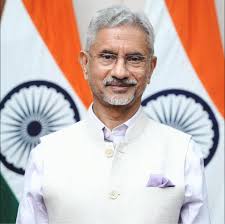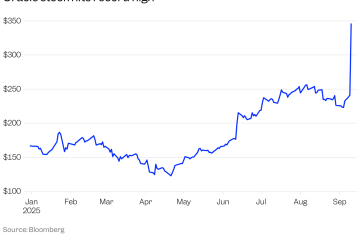S. Jaishankar: A Key Figure in Indian Diplomacy

Introduction
Subrahmanyam Jaishankar, the current Minister of External Affairs of India, has been at the forefront of the country’s foreign relations since his appointment in 2019. As a seasoned diplomat, Jaishankar’s role is critical as India navigates a complex global landscape marked by geopolitical tensions, trade negotiations, and climate change concerns. His strategic initiatives and engagements on international platforms have significant implications for national security, economic growth, and diplomatic relations.
Recent Developments
In recent months, Jaishankar has actively engaged with foreign counterparts to bolster India’s standing on the world stage. His participation in key international forums such as the G20 Summit and the United Nations General Assembly has emphasized India’s commitment to multilateralism and global cooperation. During his address at the G20 Summit held in New Delhi in September 2023, he articulated India’s vision for a stable, resilient, and sustainable world, advocating for reforms in international financial institutions and climate equity.
Another significant aspect of Jaishankar’s tenure has been his focus on relationships in the Indo-Pacific region. He has reinforced India’s strategic partnerships with nations like the United States, Australia, and Japan through initiatives like the Quad (Quadrilateral Security Dialogue), aiming to promote peace, stability, and economic growth amidst increasing Chinese assertiveness.
Challenges and Diplomatic Strategies
Despite these advancements, Jaishankar faces several challenges, including India’s border situation with China and tensions with Pakistan. His recent diplomatic efforts to de-escalate these tensions showcase his pragmatic approach. In meetings with global leaders, he has sought to project India as a responsible power committed to dialogue and resolution while safeguarding its sovereignty.
Moreover, Jaishankar has taken noteworthy steps to enhance India’s development assistance, reflecting a nuanced understanding of soft power. By offering support to neighboring countries like Sri Lanka and Nepal, he is helping to strengthen regional ties and counterbalance Chinese influence in South Asia.
Conclusion
As India positions itself as a rising global power, S. Jaishankar’s leadership in external affairs is pivotal. His blend of experience, strategic foresight, and active engagement in global dialogues solidifies India’s role as a key player on the international stage. Looking ahead, Jaishankar’s diplomatic endeavors will likely shape not only India’s foreign policy but also global geopolitics in the coming years.









